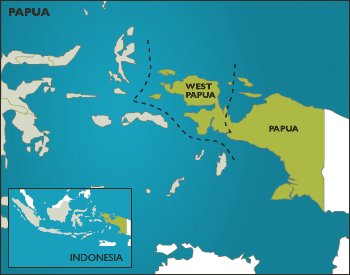Down to Earth No. 47, November 2000
Natural resources are one of the main factors underlying the independence struggle in Aceh, but decades of plunder have left them severely depleted.
The brutal murder of the internationally known Acehnese human rights activist, Jafar Siddiq Hamzah, reminded the world in September that the northern-most tip of Sumatra remains a dangerous place. Despite a 'humanitarian pause' signed by Indonesia and Acehnese independence leaders in June this year, the murders, disappearances and torture have continued.

